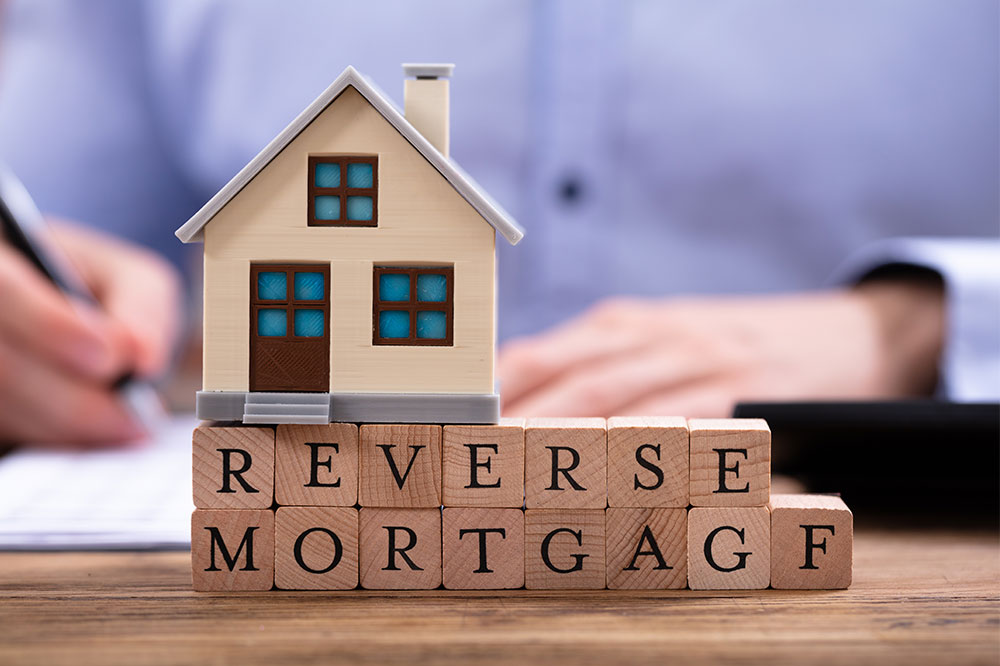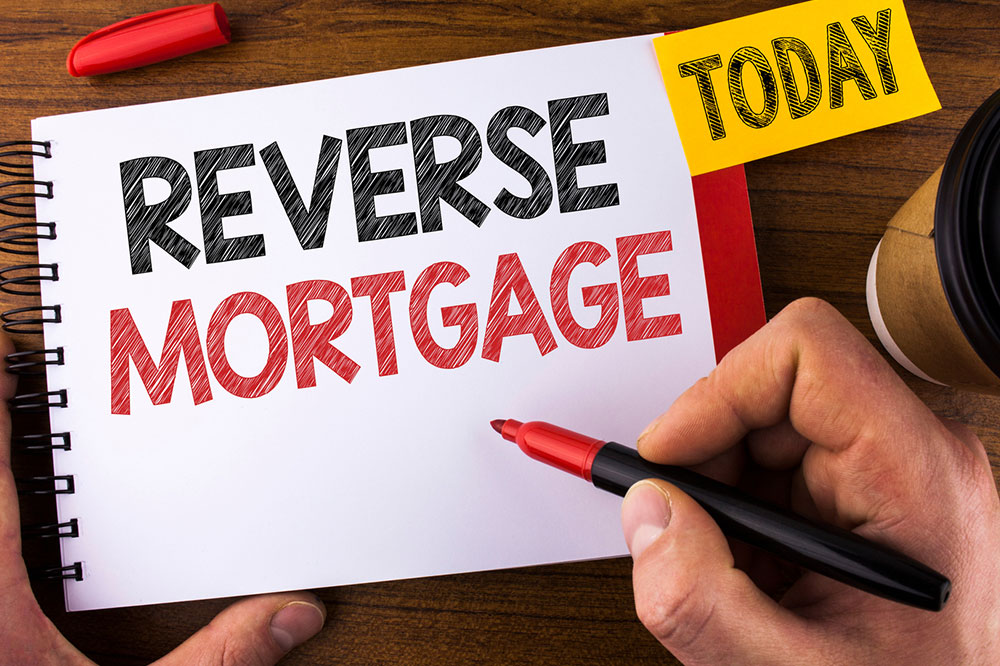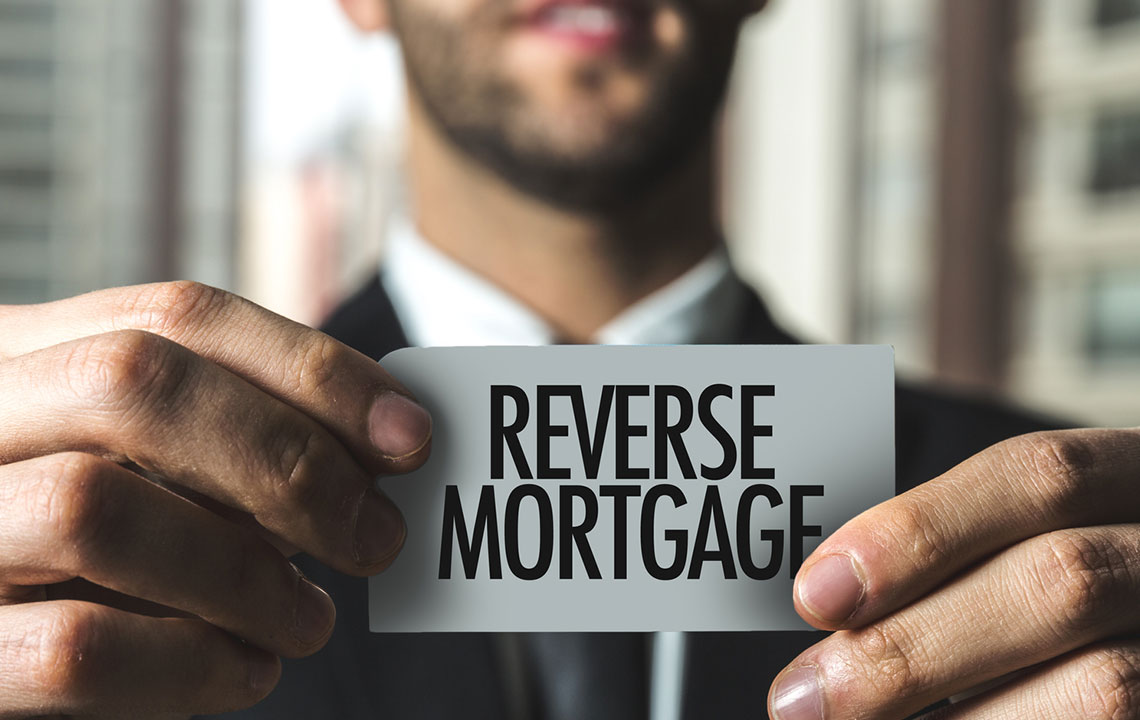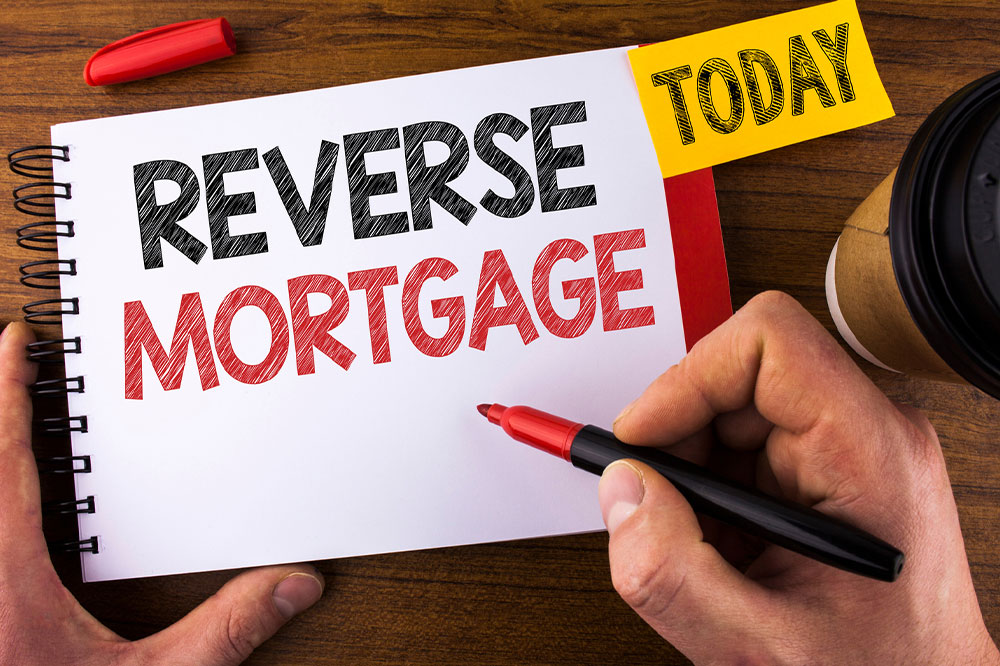Requirements for Qualifying for a Reverse Mortgage
This article explains the criteria for qualifying for a reverse mortgage, focusing on eligibility, application process, and key considerations. It highlights the importance of understanding loan options and consulting experts to make informed financial decisions in retirement planning.

Understanding Reverse Mortgage Eligibility
A reverse mortgage allows seniors to convert the equity in their homes into accessible funds, helping meet financial needs after retirement. Available to individuals aged 62 and older, this loan provides tax-free cash without monthly payments.
Eligibility for a reverse mortgage, particularly the Home Equity Conversion Mortgage (HECM) by HUD, involves specific criteria.
Qualification Requirements
To qualify for a HECM, you must:
Be at least 62 years old
Owning the home or having a low mortgage balance paid off prior to loan closing
Reside in the property as your primary residence for at least a year
Have no overdue federal debts like taxes or student loans (though these can be repaid using reverse mortgage funds)
Maintain the property in good condition and participate in HUD-approved counseling to understand the loan’s impact
Set aside funds or have enough income to cover property taxes, insurance, and repairs
The loan amount depends on age, home value, interest rates, and FHA limits. Funds can be received via line of credit, fixed monthly payments, or hybrid methods combining both.
Key Considerations
Reverse mortgages are strictly for your primary residence; vacation homes or investment properties are ineligible. Lenders generally finance up to 80% of the home’s value within FHA guidelines.
This option is ideal if you plan to stay in your current home and do not wish to transfer ownership to heirs. It also offers a way to supplement retirement income, especially if you have other investments.
Given the complexity, consulting a financial expert is highly recommended before proceeding.










